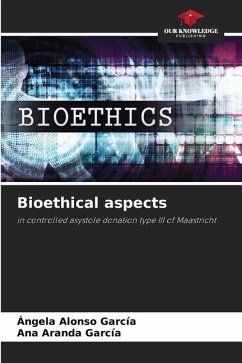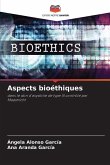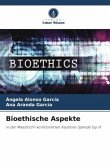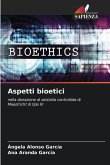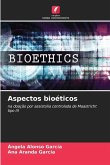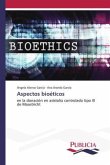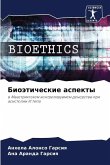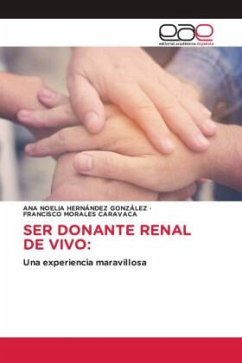Since its inception, organ transplantation has been limited to the availability of donors and the possibility of extracting them in the best conditions, both to guarantee maximum functionality of the organ and to ensure maximum chances of success in reimplantation. While initially brain-dead patients were considered - almost exclusively - as optimal donors, the promotion of organ donation in subjects who died due to circulatory and respiratory criteria (asystole donation) has begun. Within this type of donation is the Controlled Asystole Donation (CAD or Maastricht Type III), which has provoked important bioethical debates since its beginnings, without having been adequately transmitted to patients and public opinion in general. This work analyzes the procedures of controlled asystole donation and the bioethical conflicts they generate, as well as the current prevailing positions on the subject, finally proposing a series of measures to be adopted so that this type of donation can be performed with the maximum guarantees for patients.
Bitte wählen Sie Ihr Anliegen aus.
Rechnungen
Retourenschein anfordern
Bestellstatus
Storno

